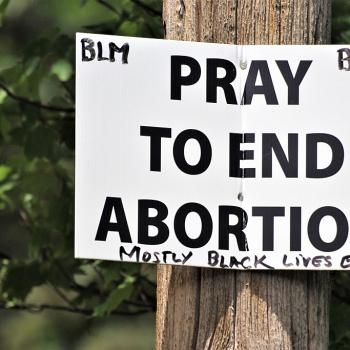The health-care law’s treatment of larger employers is almost laughably complicated. If you’ve got fewer than 50 employees, nothing is asked of you, and if you’re willing to provide insurance for your employees, you get a giant tax credit, at least for awhile.
But if you’re a business with more than 50 full-time employees, matters become considerably more complex.
If you’ve got more than 50 full-time employees and you already offer them health insurance, you can stop reading now. You’re in the clear.
If you’ve got more than 50 full-time employees and you don’t offer them coverage and you don’t pay them enough to buy coverage on their own without using subsidies, then you have to pay $2,000 for each employee, except for your first 30 employees.
If you’ve got more than 50 full-time employees and you offer some of them coverage but others have to apply for federal subsidies and buy coverage themselves, then you pay the lesser of $3,000 for each employee receiving insurance subsidies or $2,000 for each full-time employee, once again excluding the first 30 employees.
Weird, right? But the complexities of this policy obscure a huge win for employers. In 1974, President Richard Nixon’s health-care plan proposed forcing employers to pay 75 percent of the cost of basic health insurance for their employees, though there would be some assistance for smaller businesses. In 1994, President Bill Clinton proposed forcing employers to pay 80 percent of the cost of basic heath insurance for their employees, though a somewhat confusing series of caps meant that smaller businesses would end up paying much less.
In other words, both Democratic and Republican presidents used to think the proper role for business in the American health-care system was to pay most of the cost of their employee’s health-care insurance.
Under the Affordable Care Act, the principle is different, and much less onerous: Employers don’t need to offer health care, and they don’t need to pay for most of the cost of their employee’s health care, but if their employees are taking advantage of public subsidies, then the employer should have to pay a penalty equal to about 1/8th the cost of the average employer-provided health-insurance plan.
via Cheer up, Papa John’s. Obamacare gave you a good deal..
So if a company has a choice between paying $16,000 (or more, or a large percentage of this amount) for an employee’s health insurance or paying a $2,000 fine, since de-stigmatized as a “tax,” won’t companies have an overwhelming economic incentive to drop health benefits altogether? It would be far cheaper to pay the tax than to pay for health benefits.
Employees would then have to turn to the “insurance exchanges” to buy their own insurance, possibly with a government subsidy (shooting up the cost to taxpayers), though still with a large expenditure out of their own pockets. Or they might just join the ranks of the uninsured, paying their own necessary fines or taxes.
Am I missing something, or might Obamacare have exactly the opposite effect that it intended?















